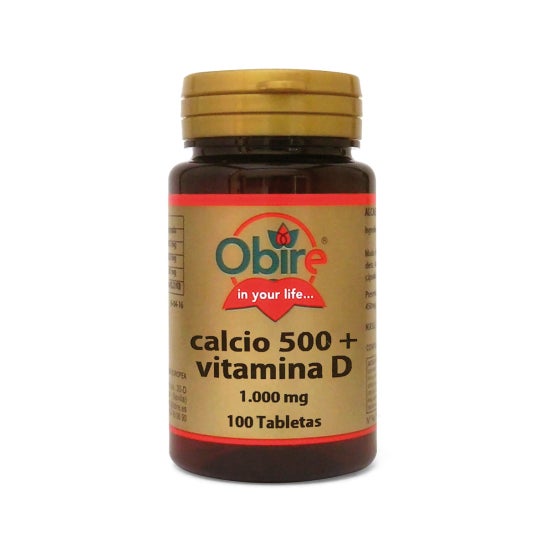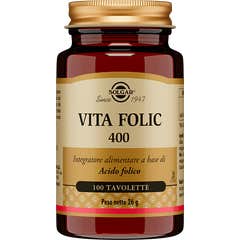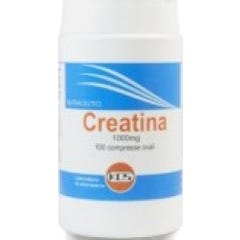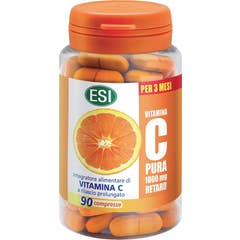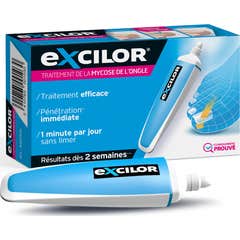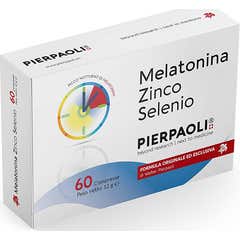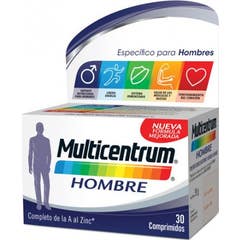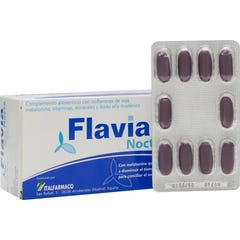Calcium is one of the most abundant macro-elements in the body and makes up more than 99% of the structure of bones and teeth. In addition to this important structural function, it is also necessary for cellular regulation and communication. It contributes to normal nerve and muscle function.
It is essential to obtain the recommended daily amount of calcium from our diet. Some Calcium-rich foods are dairy products (including fortified milks), small oily fish (whole), legumes and leafy greens. If necessary, and following the recommendations of a healthcare professional, we can add this mineral to our diet as a supplement. Calcium supplements are available in chewable, effervescent or swallowable format, as well as in liquid form.
Some calcium supplements also contain vitamin D as it helps absorb calcium (remember that vitamin D is obtained from moderate exposure to the sun and from eating oily fish, eggs, dairy products, mushrooms...). Dietary supplements containing calcium can also provide other minerals and vitamins.
Remember that dietary supplements should not replace a healthy and balanced diet. In the case of low bone mass or bone density (osteopenia or osteoporosis) it is essential to consult with a healthcare professional to get a correct diagnosis and accurate advice, also about taking calcium supplements or medication.
